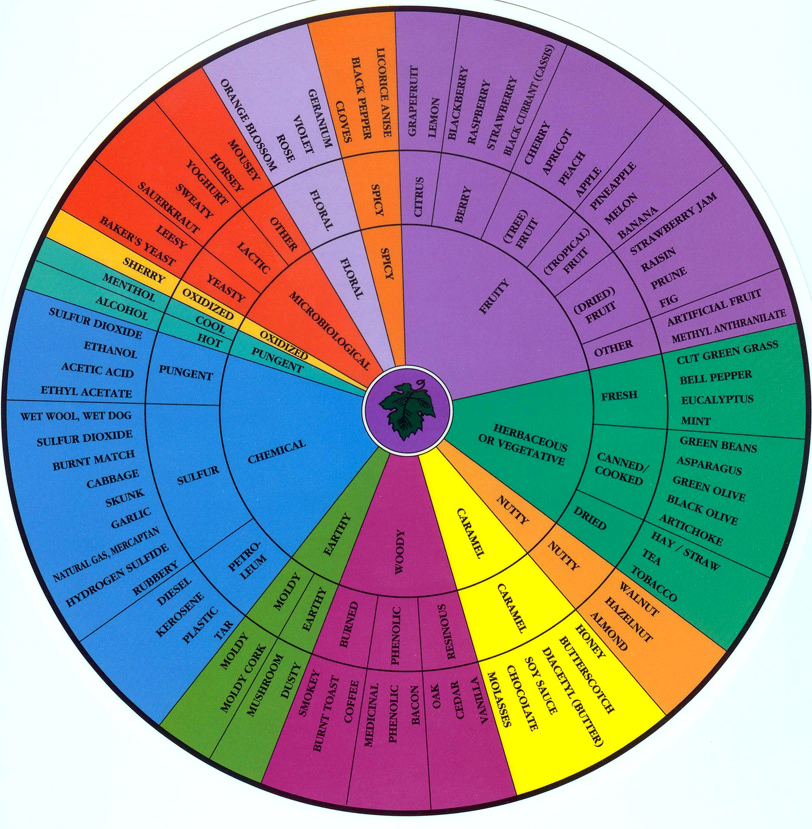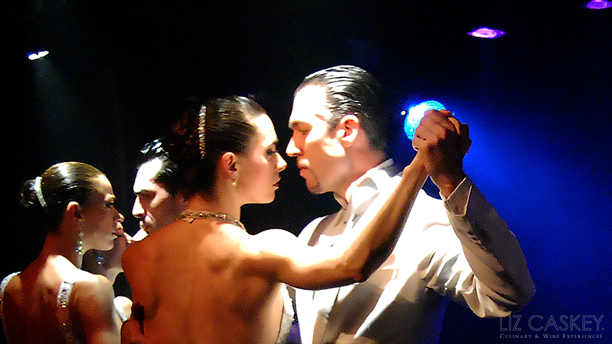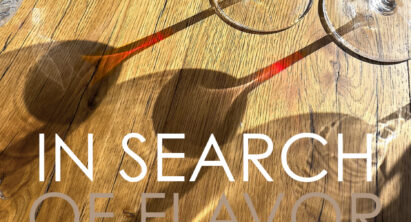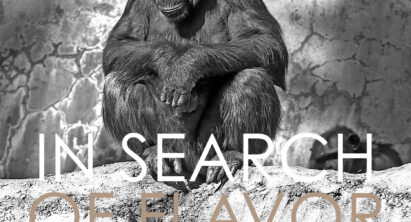One of the questions I field a lot is how wines should taste. What aromas should we be smelling? Sigh. What has happened with the language of wine and our ability to interpret a wine, even if we are newbies? The heart of the matter is that it’s nearly impossible to truly describe something, in words, that is completely indescribable such as taste and smell, and to a larger degree, essence. We can only talk around it. It is akin to describing what it feels like to fall in love. You cannot actually describe that feeling (notice the word feeling). We can only give analogies and examples around that idea to convey the feeling.
So many times, wine drinkers feel compelled that they have to say something about what they perceive in the glass. As if there was some sort of unspoken test that if they don’t get it right, they will fail. If they don’t perceive certain aromas they don’t get it. Whoa, whoa, whoa. People, let’s be clear. Wine is completely subjective material. Obviously, there are wines that exude lesser or more quality, different varieties and styles, but like fashion, the opinion ultimately lies in the eye of the beholder. In my book, there is no right or wrong. It’s your personal opinion and what works for you. A wine that I love somebody else may hate. I may perceive it as elegant and balanced and somebody as a whimpy because our references are different.
What is most important is being confident in what you feel in the wine and what that means to YOU. Obviously, there are folks like winemakers and sommeliers that have an intensely trained palate (err, their livelihoods depend on it) but for now, don’t compare yourself with them. Would you go out for a run and expect to perform like an Olympic athlete? I think not. So please, let’s not do it with wine.
That being said, if you can approach wine from the perspective of being totally subjective material and then second, indescribable at best, then you can find a language that adequately expresses what you find in it. That’s it. What it means to you. Personally, I try to describe wine as holistically as possible. As a whole, not reduced just to aromas and flavors. That’s like trying to describe your persona in terms of your hair and eye color. Is that a fair assessment of who you really are? Of course not! I like to speak about wines like they’re people, with personalities, characteristics, and behaviors. Is this wine intense? Is it chaotic? Balanced? Heavy? Masculine or Feminine? Muscular? Wild Child? Simple? Sweet? Tannic? Soft? Hot? Mineraly? Long? Bold? Punchy? Etc. etc. Describing wine as a whole, perhaps with some salient aromas if you find them (if not that’s fine), actually puts you in a state of perceiving the wine with all your senses rather than sitting down to taste it as a glorified science experiment to dissect aromas and flavors.
And while I personally am fascinated by the Wine Aroma Wheel created by UC Davis professor Ann Noble over than 20 years ago and think it can help you jog your memory for the appropriate adjectives, don’t use it as an intellectual crutch. I think that to truly understand and enjoy wine you have to get out of your head. It’s not an intellectual exercise. It’s a sensation in your mouth and in your body. It creates a feeling. It can transport you to another corner of the world or time. It hints of another person’s passion when hand-crafted. Just feel it and have confidence in what you think about it. That’s the true language of wine. Don’t be afraid to express your point of view.













